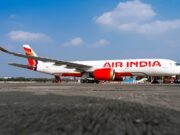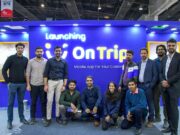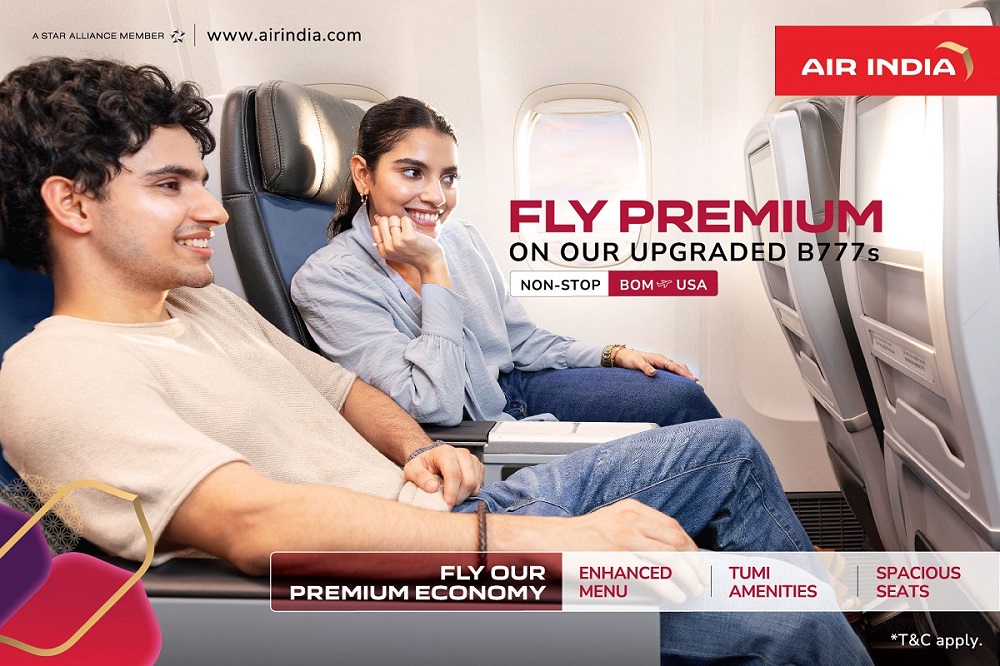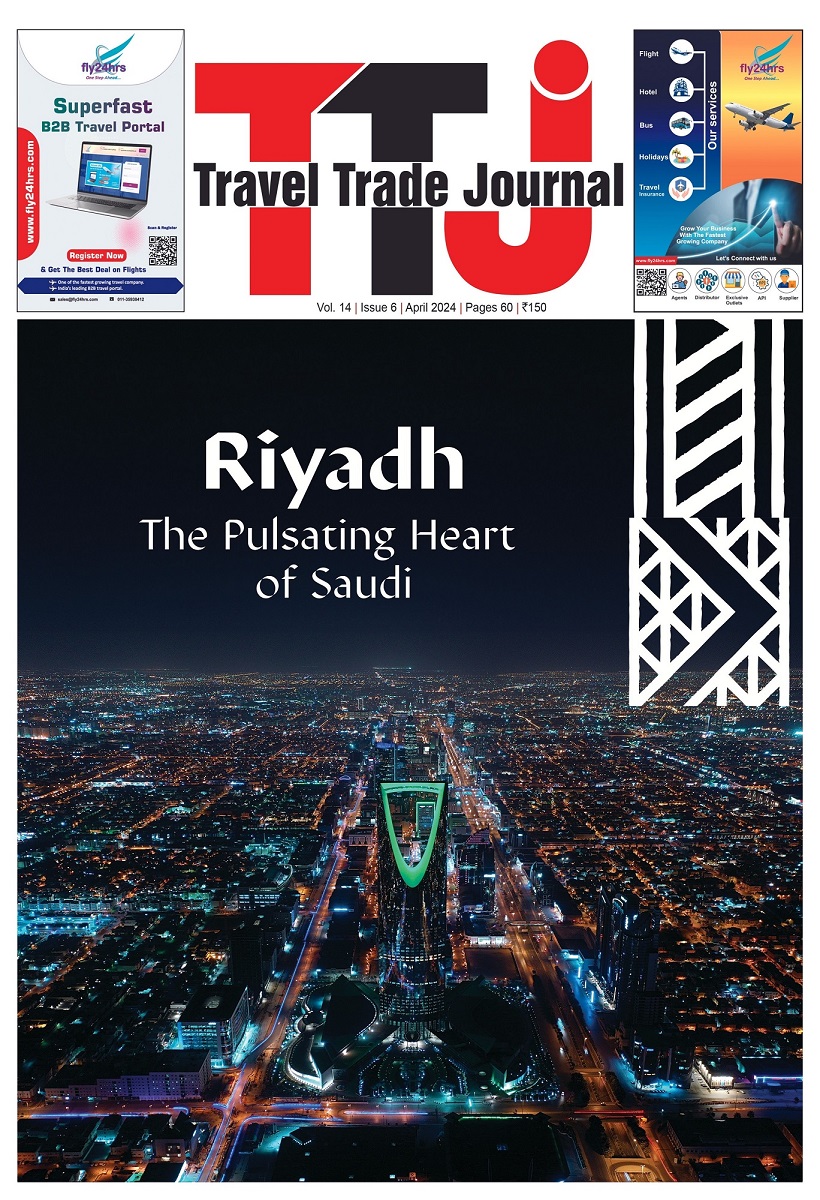Inmarsat, the world leader in global, mobile satellite communications, today unveiled the Asia Pacific (APAC) findings of its Passenger Confidence Tracker 2021, the largest and most comprehensive global survey of airline passengers since the pandemic began, including results from India.
The research reveals that 91 per cent of APAC airline passengers acknowledged that the pandemic has changed their long-term travel habits, consistent with last year’s survey results. However, over half (51 per cent) would be confident to fly by the end of the year and 20 per cent would happily catch a flight in the next month.
Amongst Indian respondents, 63 per cent are confident of taking their next flight in the next six months, despite being among the most cautious passengers in the world (78 per cent), significantly higher than the UK (25 per cent) and Australia (33 per cent). In terms of what could airlines and the travel industry do to make them feel more confident about flying, 68 per cent of Indian passengers believed mandatory proof of vaccination for all passengers would be key, whereas 65 per cent also expressed a preference for all airlines to follow the same hygiene practices.
Air travel has undoubtedly faced a significant impact from the challenges of the past 18 months, as uncertainty around travel restrictions and quarantines have thrown holidays and business trips up in the air. However, when it comes to COVID-19 concerns, APAC passengers view some everyday experiences as riskier than air travel. A significant 32 per cent of APAC passengers are less confident getting on the bus or coach than taking a flight, while 32 per cent of passengers felt the metro or underground was risker than flying.
David Coiley, Inmarsat Aviation’s Regional Vice President for Asia Pacific, said, “Since the start of the pandemic, the aviation industry has dealt with challenge after challenge. However, airlines have once again shown their resilience and stepped up to those challenges. Our latest Passenger Confidence Tracker reveals that travellers in Asia Pacific are the most confident towards pragmatic steps for travel and have positive attitudes about returning to the skies. With safety and reputation becoming even more important to today’s flyers, there is a pressing need for airlines to embrace new opportunities and differentiate themselves to encourage passengers back onto their flights as travel continues to resume.”
India’s evolving passenger attitudes and behaviour
- While the global level of satisfaction with airlines’ responses to the pandemic has grown since October 2020, up to 72 per cent, there are notable country-level differences at play. India leads the way with levels at 91 per cent, while South Korea props up perceptions at 47 per cent.
- 42 per cent of airline passengers in India would fly with only specific airlines they trust.
- Digital health passports (59 per cent), personal protection packs (57 per cent) and facial recognition security (53 per cent), among other factors, are the new prominent aspects of the travel experience that should be kept in place in a post-pandemic travel setting.
- Public toilets (68 per cent), public transport (66 per cent) and cinemas (60 per cent) are considered to be higher-risk places for catching the virus in comparison to taking a flight.
Concerns remain, but customer experience boosts confidence
Despite the optimistic outlook, concerns regarding flying continue and primarily centre on the inconvenience and unpredictability of air travel. The research reveals the unpredictability of flying and the seemingly huge variation in rules and regulations is hampering confidence towards post-pandemic air travel in India the most. Quarantining and catching the virus abroad (both 54 per cent) remain the main worries, among other reasons, that prevent Indians from traveling abroad.
When it comes to health and safety, the research suggests that greater importance should be placed on customer experience. Interacting with airline personnel was seen to help instil the most confidence for passengers, a key to the significance that an airline’s personnel and its business reputation will likely have in restoring passenger confidence. Indeed, after cabin cleanliness (75 per cent), airline reputation was regarded as the most important factor when choosing an airline (64 per cent) for India passengers.
Flight timings and sustainability (both 63 per cent) also remain critical factors for choosing an airline following the pandemic. The research also reveals 63 per cent of Indian respondents are ‘very satisfied’ in terms of the attitude towards vaccine passports.
Technology helps to improve confidence and regional support for COVID-19 passports
Digital technology improves pre-flight confidence in a number of ways, such as providing up-to-date information and updates to help reassure passengers before a journey. Digital health passports (59 per cent), thermal scanning (58 per cent) and mobile booking verification (58 per cent) were found to be pre-flight confidence boosters for India passengers in this year’s survey. While onboard, digital technology was found to improve confidence by keeping passengers connected using inflight Wi-Fi and minimising their contact with others, including cabin crew and fellow passengers.
Philip Balaam, President of Inmarsat Aviation, said, “A digital transformation was already underway in the aviation industry, but the pandemic has undoubtedly fast-tracked its implementation. As the trusted connectivity provider for Asia Pacific airlines, Inmarsat has experienced higher passenger usage for our inflight broadband solutions compared to pre-COVID levels, showing the desire to stay connected has only amplified. Airlines are also embracing innovating ways to enhance their onboard experience using connectivity, with a big focus on touchless experiences in keeping with today’s passenger expectations.”

















































